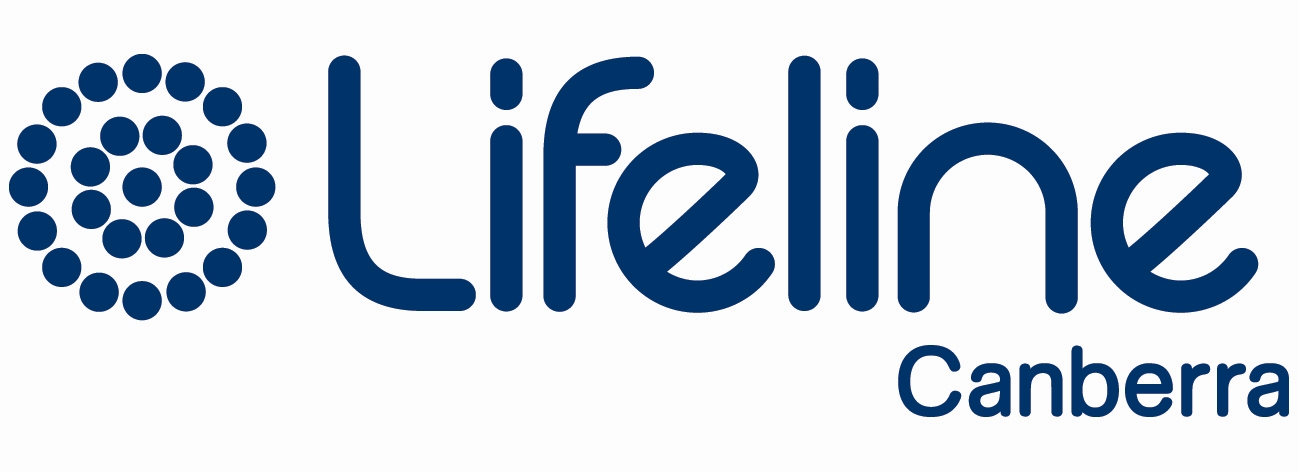- 5 hours - 8 hours
- Free
Description
Formerly known as R2MR (Road to Mental Readiness), The Working Mind First Responders (TWMFR) is an education-based program designed to address and promote mental health and reduce the stigma of mental illness in a first-responder setting.
TWMFR objectives
- to support the mental health and wellbeing of first responders
- to enable the full productivity of employees
- to ensure the workplace is respectful and inclusive of all employees, including those with mental health problems and mental illness
- to encourage first responders to seek help for mental health problems and mental illness
Central components
The Mental Health Continuum Model, which categorises one’s mental health within a continuum: green (healthy), yellow (reacting), orange (injured), and red (ill).
- Allows individuals to identify indicators of declining or poor mental health in themselves, and others (without diagnostic labels and their associated stigma)
- Stresses that individuals can move along the continuum; if one ends up in the red “ill” phase, he or she can move back towards the green “healthy phase”
- Teaches the appropriate action one can take for themselves and for others at each point along the continuum.
Research indicates that contact-based education is one of the best ways of reducing stigma. TWMFR includes custom videos of people with mental illnesses describing some of their experiences with mental illness and stigma, as well as those who supported them and their journey to recovery.
Who should take TWMFR?
The target audience for this course is:
- Participants who attend this course must hold a role in a first responder setting
- First responders are considered to be paramedics, police officers, fire fights, corrective services and other emergency personnel trained to provide assistance in time-critical, often life-threatening situations
TWMFR Course Formats
TWMFR courses are available in two formats:
- Primary (5 hours)
- Leadership (8 hours)
About TWMFR Primary (5 hours)
Members at all levels can complete Primary course. On completing the course, participants will learn to:
- understand mental health and mental illness
- recognise signs and indicators in self and others
- use the mental health continuum tool
- reduce stigma
- support colleagues with mental health problems
- create a supportive workplace
- support your own mental health and wellbeing
Course Structure:
- Duration: 5 hours
- Delivery: face-to-face, or online
- Cost: available on request
Topics Covered:
- Mental health and mental illness
- Stigma and discrimination in a first responder setting
- The mental health continuum model
- Reduce barriers to care specific to a first responder setting
- Tools and resources required to manage and support first responders who may be experiencing a mental illness
About TWMFR Leadership (8 hours)
In addition to the material covered in TWMFR Primary, participants of TWMFR Leadership will learn to:
- support their employees’ mental health and well-being
- enable all employees to be more productive
- identify workplace inclusion
- encourage employees to seek help for mental health problems.
Managers, leaders and supervisors should complete TWMFR Leadership course only.
Course Structure:
- Duration: 8 hours
- Delivery: face-to-face, or online
- Cost: available on request
Topics Covered:
- Mental health and mental illness
- Stigma and discrimination in a first responder setting
- The mental health continuum model
- Reduce barriers to care specific to a first responder setting
- Tools and resources to support first responders experiencing mental illness
- Assist leaders in maintaining their own mental health
- Assist leaders in promoting positive mental health in their employees
- Workplace accommodations and return to work
- The role of leadership
- Incident reviews
Make a booking
To make a booking for your corporate group, please contact us via email on training@act.lifeline.org.au
Event Times
No courses currently scheduled.


